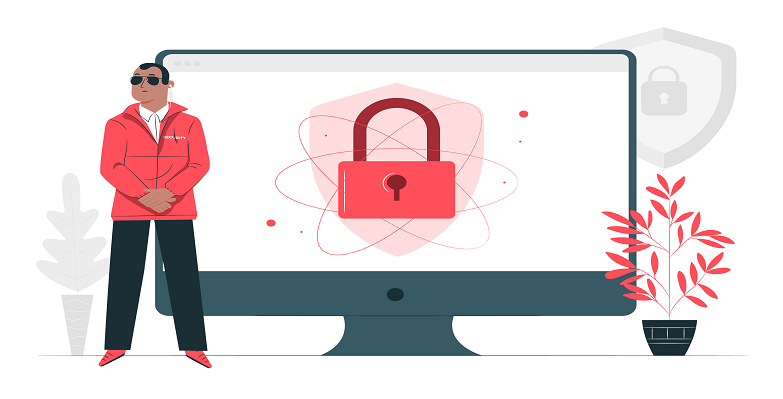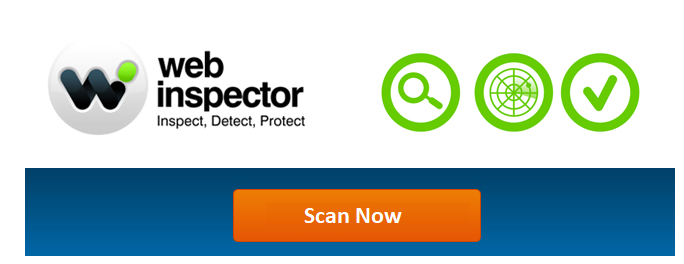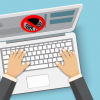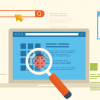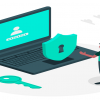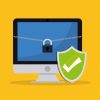Best Website Security 2025 – Updated
Today, hackers leverage any chance to attack server resources, data, and traffic. However, the best website security system can help you protect your customer’s data and brand reputation from getting manipulated.
Whether you have a small business website or blog, you’ll need a website malware scanner to enhance security.
Tips to Website Security
Protecting your website from hackers is easier than seizing it from hackers. However, hackers can strike unexpectedly, and this is where having a robust website malware removal system becomes critical. Read on to find out why you need the best website security system.
Best Website Security Features
With a website security system, you can be sure of safety against data attacks, breaches, and malware contamination. Website security service providers come with varying features and pricing.
While some include monitoring and protection, others charge users for website malware removal. A proper website security service system should have various characteristics, as seen below.
Should Identify Security Problems
As a website owner, you want to be the first to realize when criminals hack your website. An intrusion detection system (IDS) comes in handy here. An IDS scans through your website in search of IoCs (indicators of compromise). These include; suspicious changes on your database, files, and content.
The best website malware scanner signals you when your website suffers downtime, or gets blacklisted by search engines. It can also identify changes in your SSL and DNS records.
Incident Response
The best website security system gives you an incident response option when your website is hacked or injected with harmful content. With website malware removal tools and expert security analysts, you can recover a hacked site with ease. A powerful website malware scanner also provides answers to your security concerns.
Avert Future Attacks
The best website security software protects your website against brute force attacks (username, password, or website key guessing). It also safeguards your site from violation of data and any attempt to introduce content in your website server.
A proper website security system comes with a firewall that mends any security holes and closes server settings virtually. Further, it features a powerful website malware scanner that identifies and blocks possible hacking methods. This system is a great way of safeguarding your website and avoiding security threats.
Emergency Recovery
Even when you have secured your website, a mistake or misconfiguration can cause loss of data. However, with a backup plan, you can be sure of recovering your website and data. A website security provider can offer safe remote storage, auto-backup set-up, and a simple recovery process.
Performance Development
Determining the impact of a website security system on performance is critical. Today, many website firewalls come with a content delivery network that saves copies of your website in different locations for swift global access. This technology boosts your site, ensures your visitors are contented, and reduces pressure on your web server.
Website Security Threats to watch out for
Hackers can attack your website in various ways. Knowing these threats helps you prepare before adopting any security measures.
Malware and Viruses
Malware or malicious software is one of the biggest threats on a website. Studies show that up to 230,000 malicious software samples are generated every day. Experts say these are some of the common malware types used in cyber-attacks in various parts of the globe.
Often, these threats use server resources and may be used to gain access to private data. Cybercriminals use malware to generate money with affiliate links or ads by hacking your website license. Without a website malware scanner, you and the people visiting your website will be at risk.
Anyone visiting your website may click on a link that downloads harmful files on their computer. It is your responsibility to secure your website. Doing so protects you and your visitors from malicious software.
Spam
Every internet user encounters spam that can come in the form of emails or popups when browsing. Sometimes spam appears in the form of comments on websites. Online programs can include external links on the comment part of your website in a bid to develop backlinks. Such comments and links can be unsightly on your website and annoying but not always a threat.
Still, these links may contain harmful malware that can be a threat if visitors on your site click them. This action will result in crushing of your SEO ranking. Remember, Google crawlers can recognize malicious URLs, prompting them to penalize your website for accommodating spam.
Search Engine Blacklisting
While search engine blacklisting is not a security threat, a poorly secured website can negatively impact your SEO rankings. Studies show that a big percentage of websites are hacked for SEO related reasons.
As seen in this post, your SEO ranking is likely to suffer once search engines recognize harmful content on your site. If your users report your website as insecure or spam, it may be included in a search engine blacklist.
DDoS Attacks
DDoS attacks deny users attempting to access a specific website access. Usually, hackers use parody IP addresses to overwhelm servers with traffic that crashes the website. This action leaves the website host with no option than to rush to ensure the server regains operations fast. Without a proper website malware removal and scanner system in place, this can leave your server vulnerable.
Prioritize on Web Security
Focus on securing your website to avoid the risks we have discussed in this post. It is hard to protect your website entirely because cybercriminals are always devising new ways of hacking websites. However, website owners can make it hard for them by adopting the best website security system.
If cybercriminals have a hard time hacking your site, they will navigate to other websites that are yet to invest in proper website security features.
Related Resources:
Website Backup
WordPress Security
DDoS Attack
Domain Blacklist Check
DDoS Tools
Website Security Check
